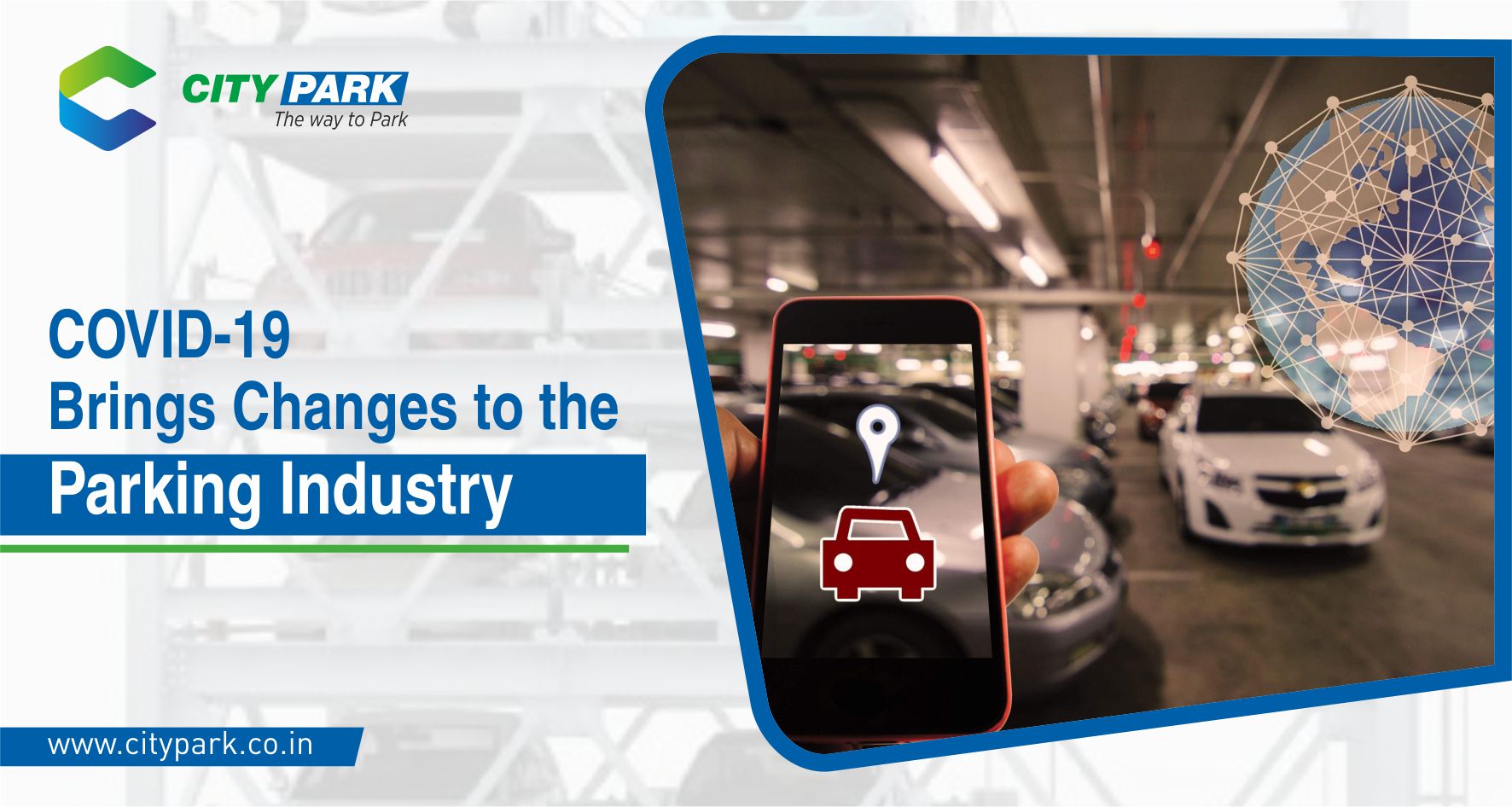Phone : +91 022 690 20000 - 100 (100 lines)
Mail : city@citylift.co.in
COVID-19 Brings Changes to the Parking Industry

COVID-19 Brings Changes to the Parking Industry
No industry is immune to the effects of Coronavirus, which is redefining our relationship with the outside world. The consequences of the COVID-19 pandemic are wreaking havoc on the parking industry. People who work from home, for example, have a low demand for parking spaces. Furthermore, public health guidelines emphasize the importance of avoiding physical contact in parking lot touchpoints. Many car parks are suffering as a result of the dramatic change in parking demand. The parking industry, on the other hand, is stepping up and reconfiguring parking lots to accommodate the situation.
The silver lining of the pandemic is a technological change that will enable parking facilities to provide easy and long-term parking solutions. What are the ways in which the parking industry is adapting to the evolving market? What cutting-edge technology are they implementing in order to survive the storm?
Increased focus on no-friction parking
As the pandemic spreads, several governments are advising social isolation and limited use of common touchpoints to prevent the epidemic from spreading further. Owing to the various touchpoints, the parking industry has a difficult time determining the user's health and safety. However, the development of automated car parking solutions that operate without the need for human interference is reducing health and safety issues in parking lots.
Contactless Payments are emphasized
For years, contactless payment methods have been available, but many people have ignored them. Parking companies have had a difficult time integrating digital payment solutions into their parking lots. However, as a result of the Coronavirus pandemic, people are switching from cash to digital payments. People use cards and foreign payment options in addition to e-wallet payment options. Hands-free payment systems minimize employee contact and touchpoints. As a result, the risk of the virus spreading within the parking facility is reduced.
Leaning is gaining popularity.
Cleaning of car parks was not a major problem for customers prior to the pandemic's outbreak. It was a procedure that took place in the background, with minimal consumer disruption. Parking operators, on the other hand, pay greater attention to car park hygiene as a result of COVID-19 public health initiatives. Customers are still worried about the facility's cleanliness. They'll be on the lookout for clear signs that the parking operators are following hygiene guidelines.
Sanitation measures may be incorporated into parking facilities to demonstrate that sanitation is a top priority. The following are some of the obvious signs of appropriate hygiene standards: ·
Parking Preferences Have Changed
Many drivers were skeptical of smart parking systems prior to COVID-19, and some even relied on cash payments and gate tickets. The pandemic, on the other hand, promotes the use of novel solutions. Many people are already using contactless payment and automatic parking. Because of the change in customer behavior, parking companies must implement smart parking solutions in their facilities. Drivers are becoming more aware of the condition of parking facilities and payment choices.
Ample Parking Space is Needed
The pandemic ushered in a sea change in society, attitudes, and behaviors. People are aware of their surroundings and avoid wasting time in congested areas. While the parking garage itself does not draw large crowds, pay stations, valet pick-ups, and elevators do. During peak hours, customers would be reluctant to wait for valet pick up or use the elevators. As a result, parking garage operators must schedule and reconsider garage spacing. They can begin by designating safe waiting areas that allow for social separation.
As a result, if the waiting bays and curb cannot accommodate the crowds, certain parking spaces must be used as waiting areas. Parking attendants must also analyze all enclosed areas and devise a traffic management strategy. Maintaining social distance in elevators can be difficult, and car park managers can look for ways to increase ventilation. To prevent infections, operators can clean enclosed areas on a regular basis.
Ridesharing is on the decline
Before the pandemic, ridesharing and public transportation were common modes of transportation. People are now preferring to drive to avoid coming into contact with strangers. The use of parking facilities is growing as a result of the 70% drop in ridesharing. As a result, parking operators should expect heavy traffic in the near future. People may resume using public transportation and ridesharing once the virus threat has passed.
Consumer behaviour has been irreversibly altered as a result of COVID-19. The majority of commuters are hyper-aware of their surroundings, and parking facilities must take proactive measures to earn their patrons' confidence. During the COVID-19 crisis, smart parking offers car parks a strategic advantage by ensuring both safety and convenience.
Conclusions
In this blog, we discussed the impact made by Covid-19 on the automated car parking industry and what challenges and benefits the automated car parking system industry faced. If you are also working on a real estate project and want to install an automated car parking system in it, then you must read this blog at least once. And If you found the content of this blog helpful then share this with others so that they also get the value.
If you are looking for an automated car parking system company that can provide you with the latest and cost-effective automated car parking solution then you can connect with Citypark. Citypark has more than 10 yrs. of working experience and amazing service and can provide you the best-automated car parking system and full support.